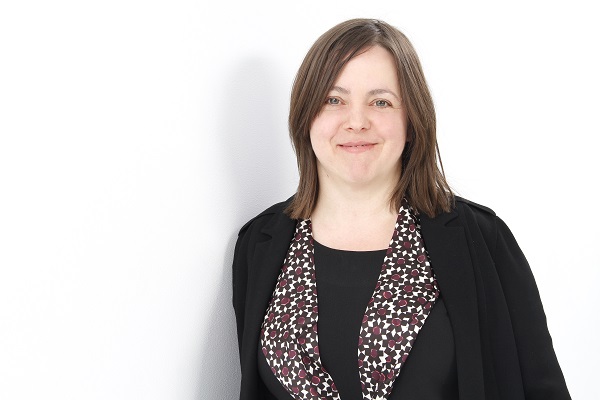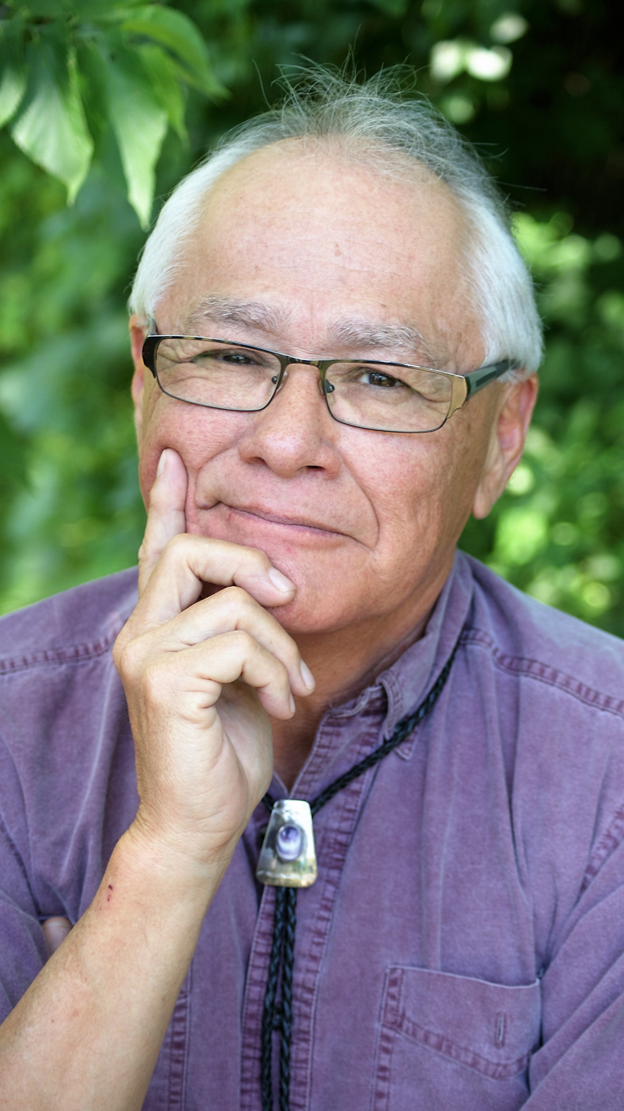Two 2017 Queen’s National Scholars announced
June 21, 2017
Share
Queen's University’s Faculty of Arts and Science will gain two prominent new academics following successful applications to the Queen’s National Scholar (QNS) program.
“The QNS program is designed to enrich teaching and research, especially in newly developing fields of knowledge, and is an important initiative supporting our faculty renewal efforts,” says Benoit-Antoine Bacon, Provost and Vice Principal (Academic). “The Principal and I extend our warmest welcome and congratulations to both Dr. Isabelle St-Amand and Dr. Michael Doxtater, our newest Queen’s National Scholars. Both will contribute significantly to our scholarship in the areas of Indigenous studies and culture, a growing need strongly identified in our Truth and Reconciliation Commission report.”

Dr. St-Amand received her PhD in 2012 from the Université du Québec à Montréal. Her thesis investigated the Oka Crisis through the study of lndigenous and non-Indigenous documentary films and narratives, and was published in 2015. She has worked with the leading scholars in migrant literatures on an anthology of critical texts, and a special journal issue on environmental ethics and activism in Indigenous film and literature. Dr. St-Amand has a proven record of working collaboratively with Indigenous organizations to develop her research.
As a QNS in Aboriginal and Migrant Literatures, Dr. St-Amand will fill a critical need in the departments of French Studies and Languages, Literatures and Cultures to enhance the scholarship of Aboriginal Francophone Literature, and will provide a strong link to Aboriginal Anglophone Literature. She brings with her an impressive teaching dossier that includes teaching at three universities, and will contribute significantly to the new graduate program in Transcultural & Linguistics Studies. Dr. St-Amand will start at Queen's in July.
“I am excited about the research and teaching opportunities that are opening for me at Queen’s,” says Dr. St-Amand. “This opportunity aligns perfectly with my area of research, so I could not have dreamed of a better place for continuing my work.”
“On a personal level, I am looking forward to exploring the city of Kingston and the surrounding environment,” she adds. “I love the way the water is present all around the city. I hope to find opportunities to swim, do outdoor activities in the region, and try the beautiful night skating rink at the city hall in the winter.”

Dr. Doxtater is an award-winning documentarian and scholar of international stature. A member of the Haudenosaunee Nation, and fluent in Kanyen'keha (Mohawk), Dr. Doxtater has both a deeply-rooted understanding of traditional oral knowledge and a clearly articulated vision for the future of lndigenous Studies at Queen's. Involved in grassroots organizing around environmental protection, he is highly regarded as an art practitioner, community activist, educator, strategic planner, and administrator. He possesses extensive professional and scholarly experience in addition to his status as a healer and mediator within his own communities. He will be joining the Languages, Literatures and Cultures and the Global Development Studies departments in July.
The university's reputation is part of what attracted Dr. Doxtater to Queen’s.
“When I opened the email and saw it was a posting at Queen's University...It's one of those universities that has a certain place in the higher learning sphere. It is a first-class university,” he says.
His ambition is to develop a Centre of Excellence Dedicated to Aboriginal Recovery (CEDAR) that would place Queen's at the forefront in the growing field of applied, land-based pedagogies.
“Having Queen's be the platform for this initiative makes sense because of the pilot project’s orientation, which is working with the Iroquois community,” he adds. “With their traditional territory stretching from the Montréal area to the Six Nations territory in southern Ontario, we are geographically in the middle.”
In his free time, Dr. Doxtater stays in shape through visits to the gym, daily runs, and Wasáse – a type of tai chi based on Native dance forms. He is working on selling a screenplay he wrote, and plays guitar.
The QNS program was established in 1985. Since then, more than 100 QNS appointments have been made in a wide variety of disciplines, and the appellation of Queen’s National Scholar has become synonymous with academic excellence.
To learn more about the program, click here.